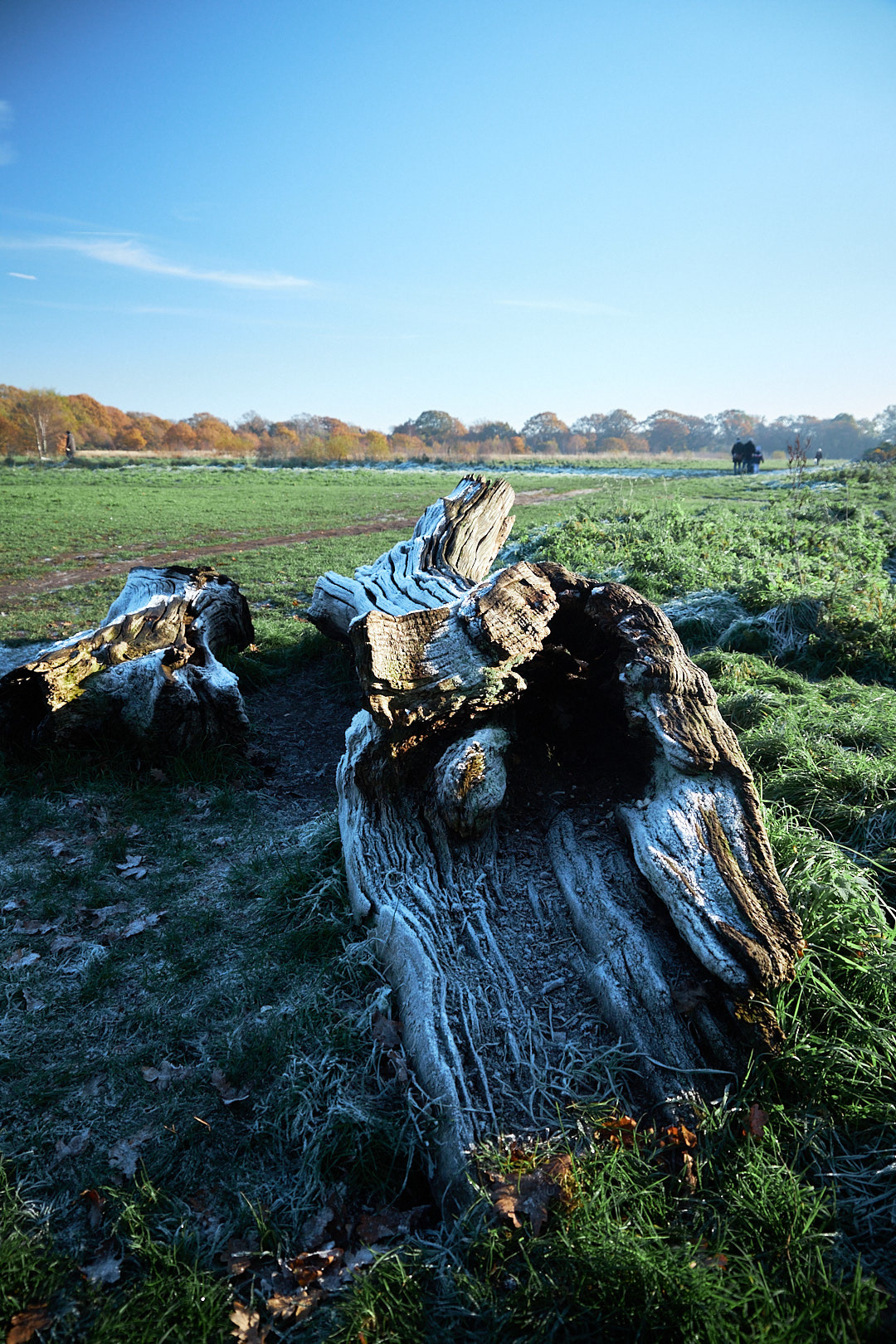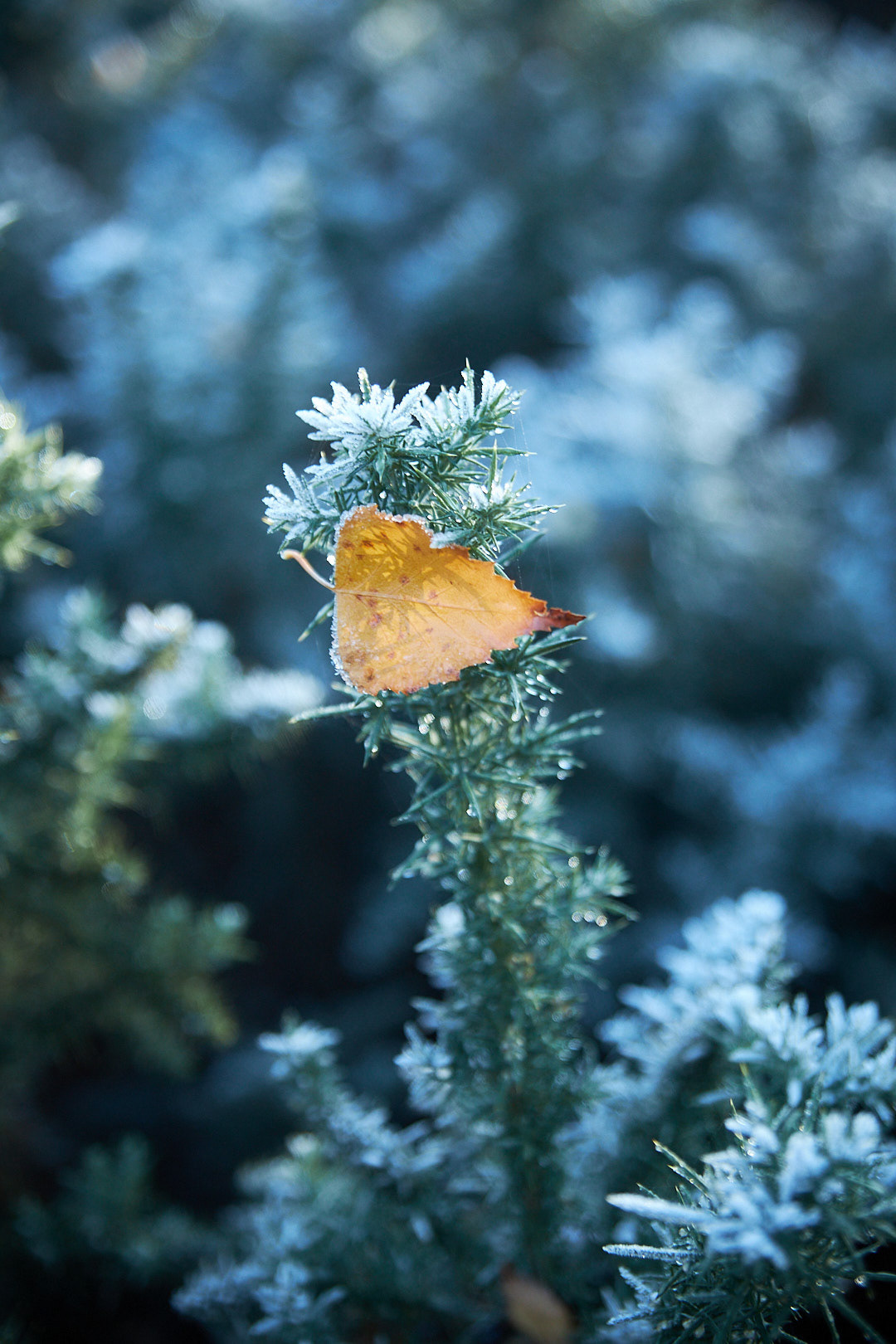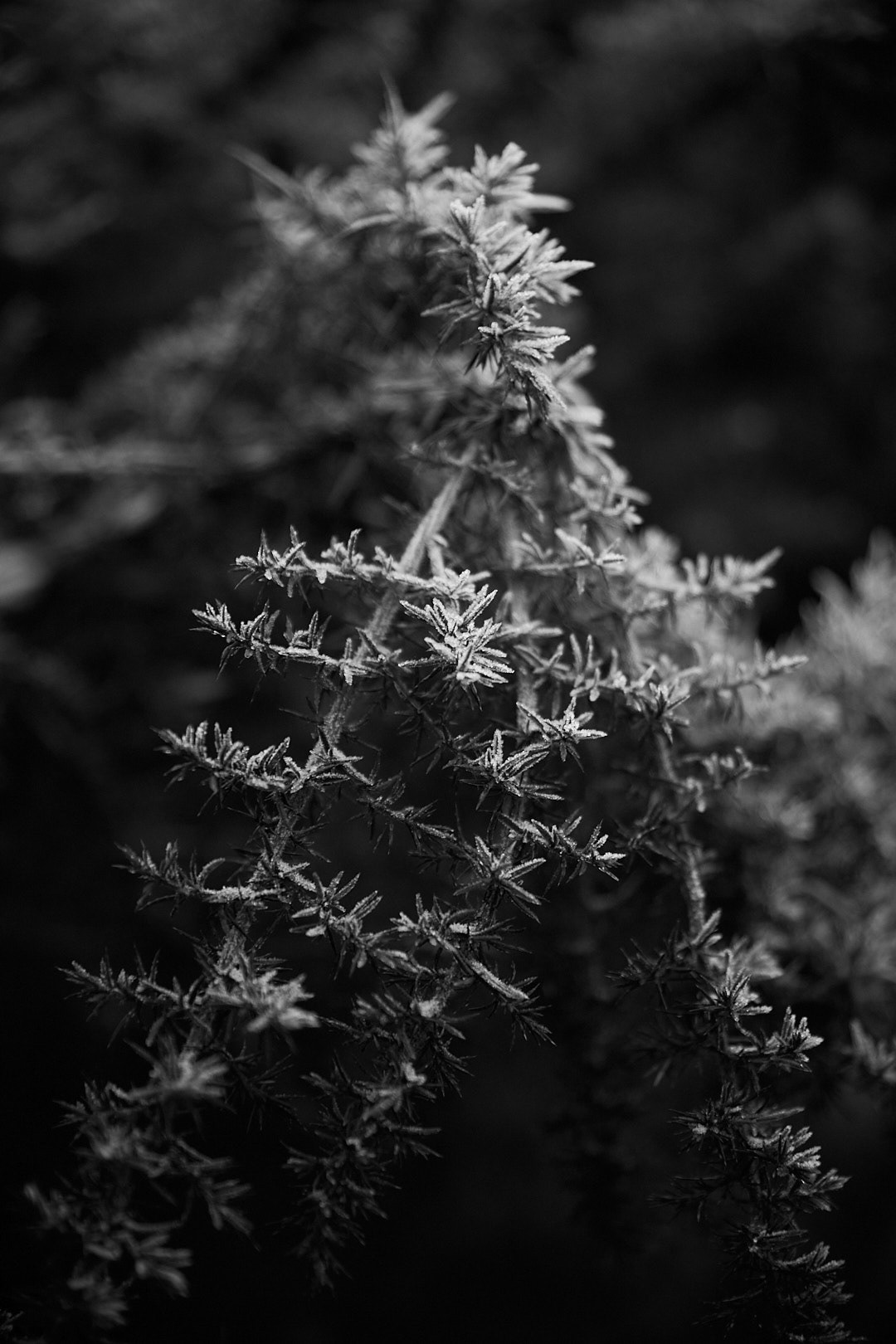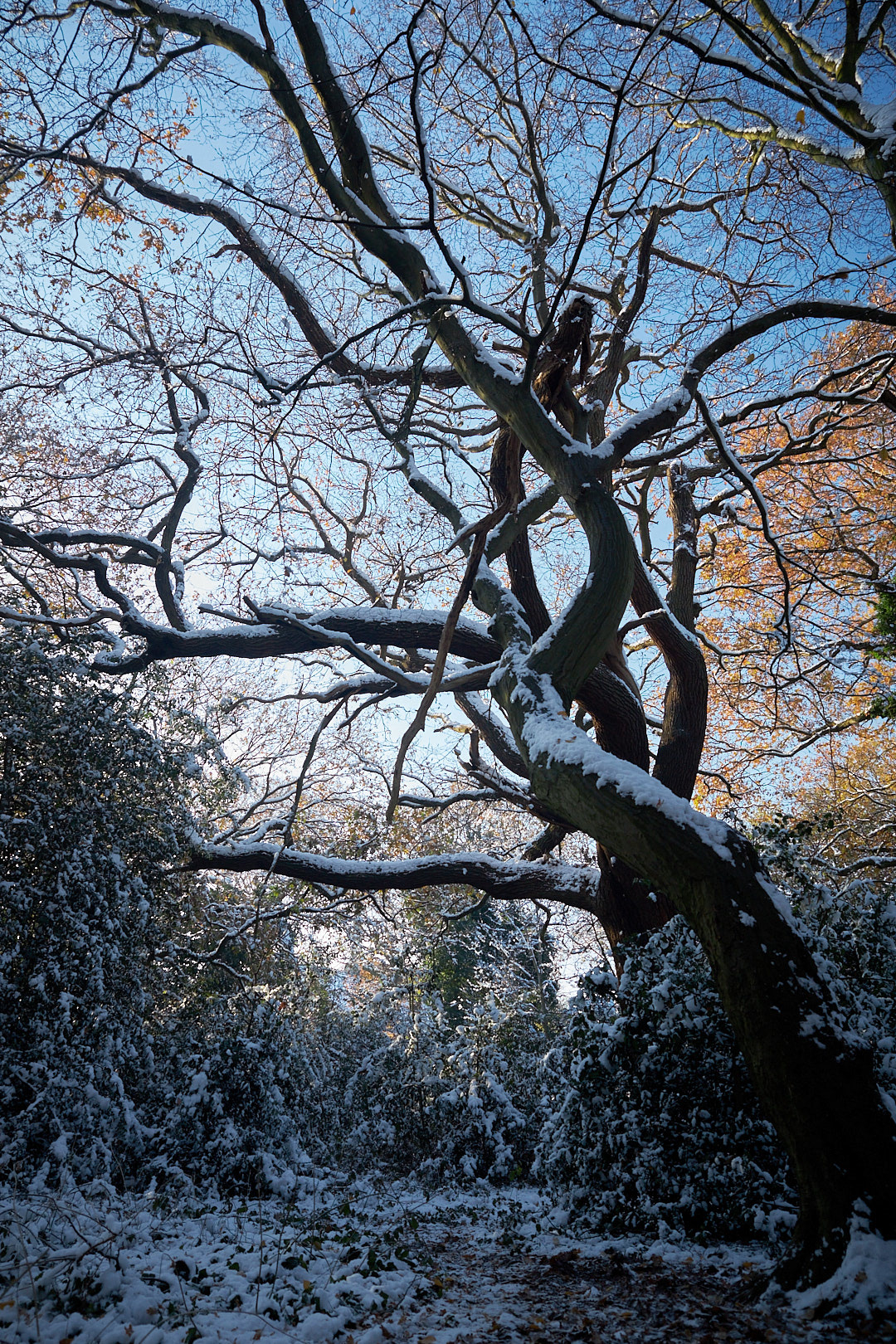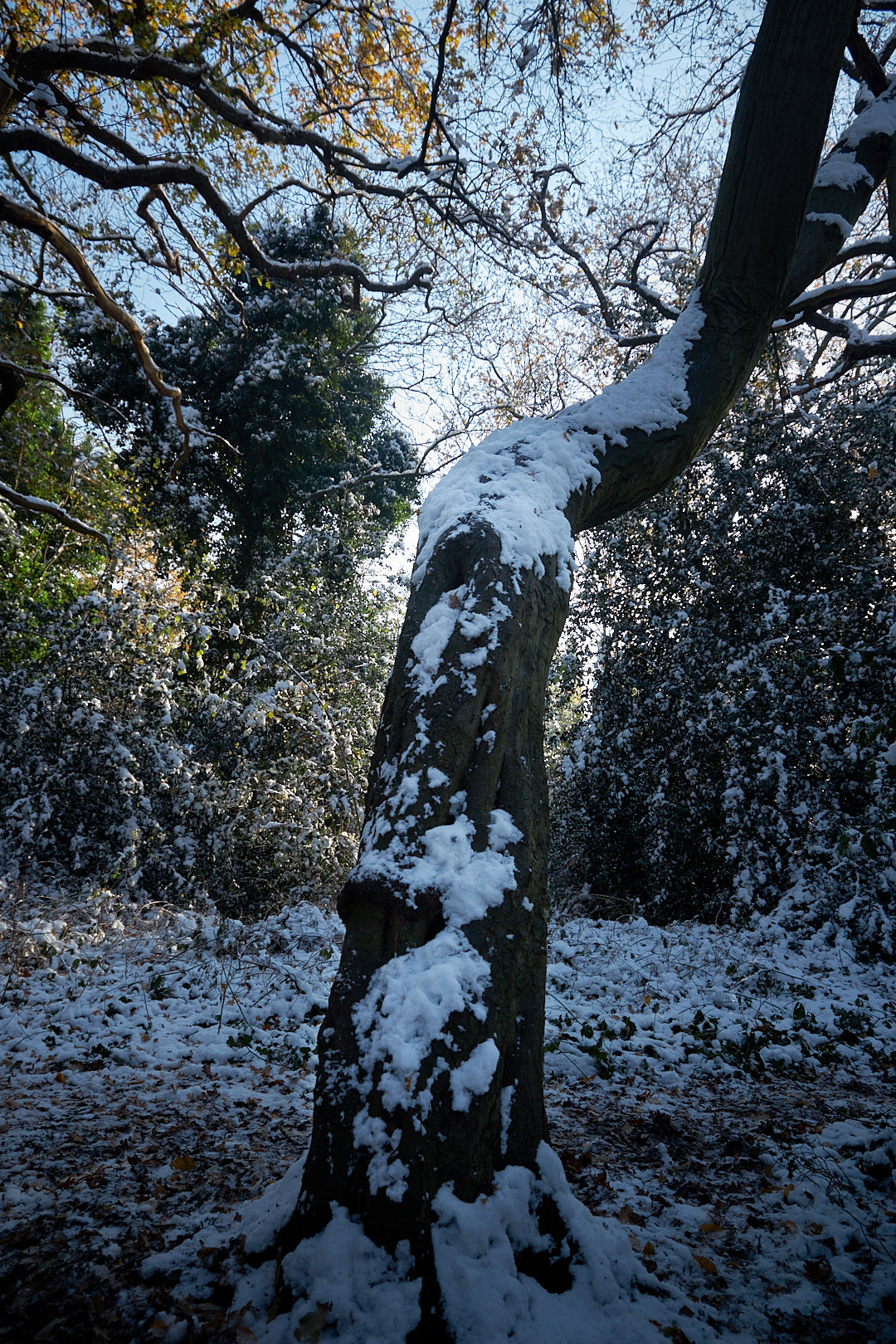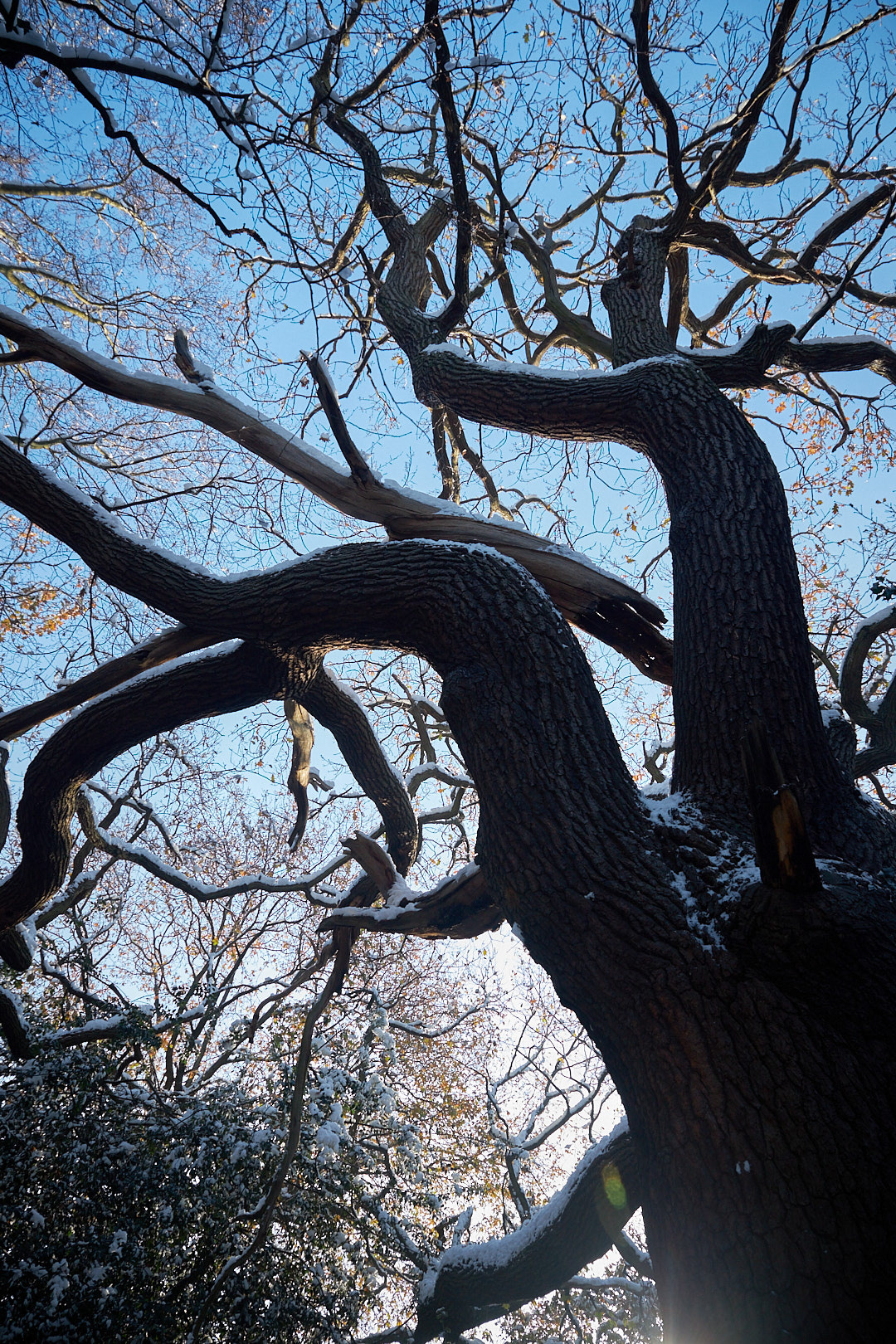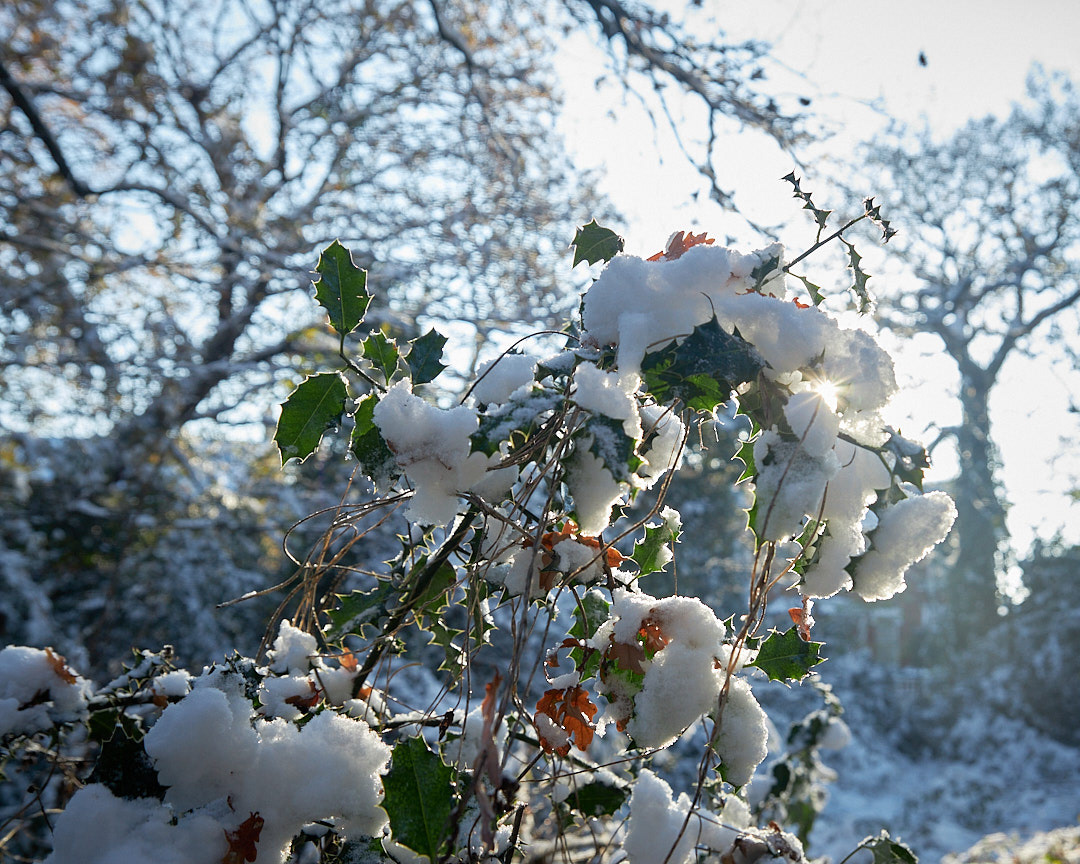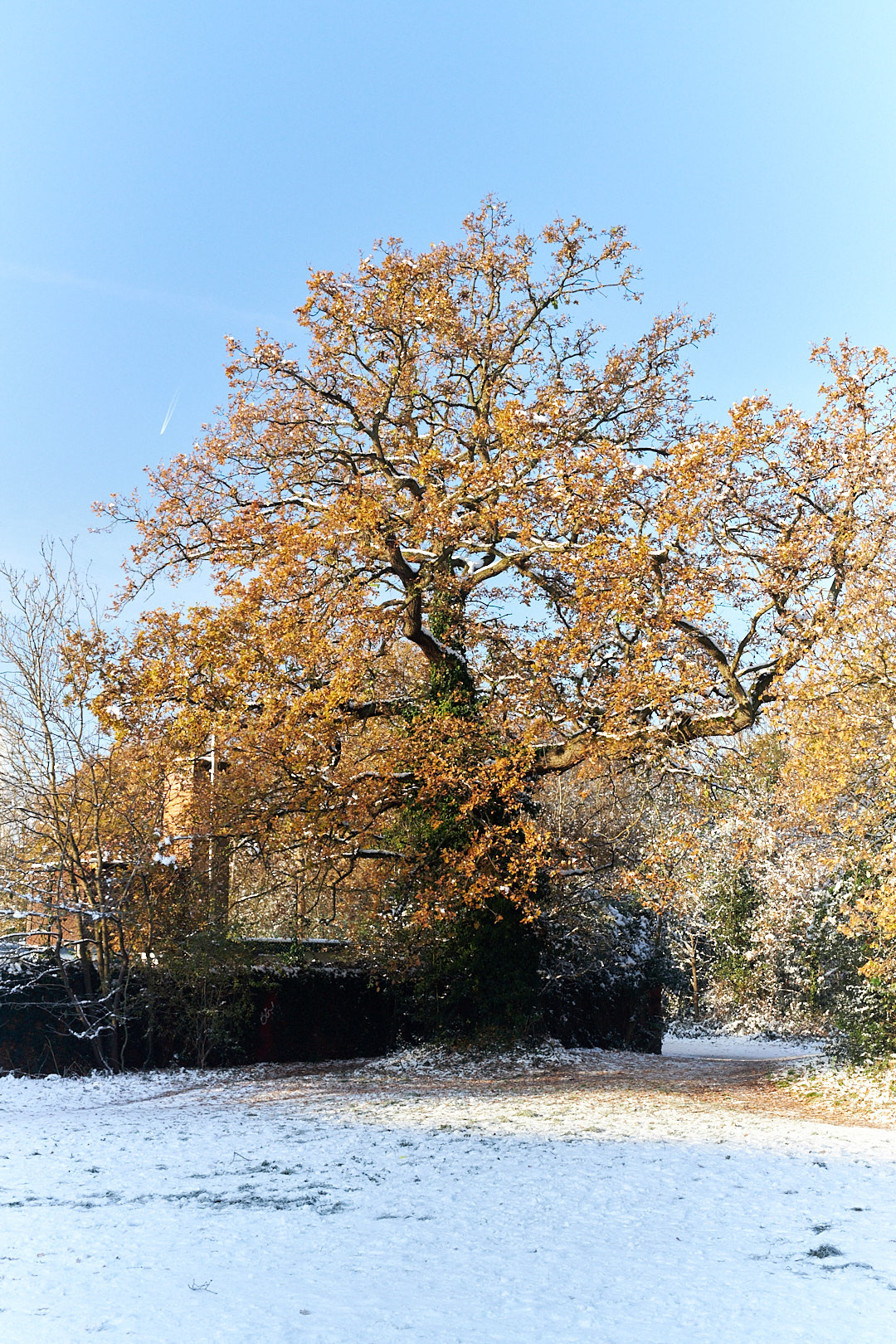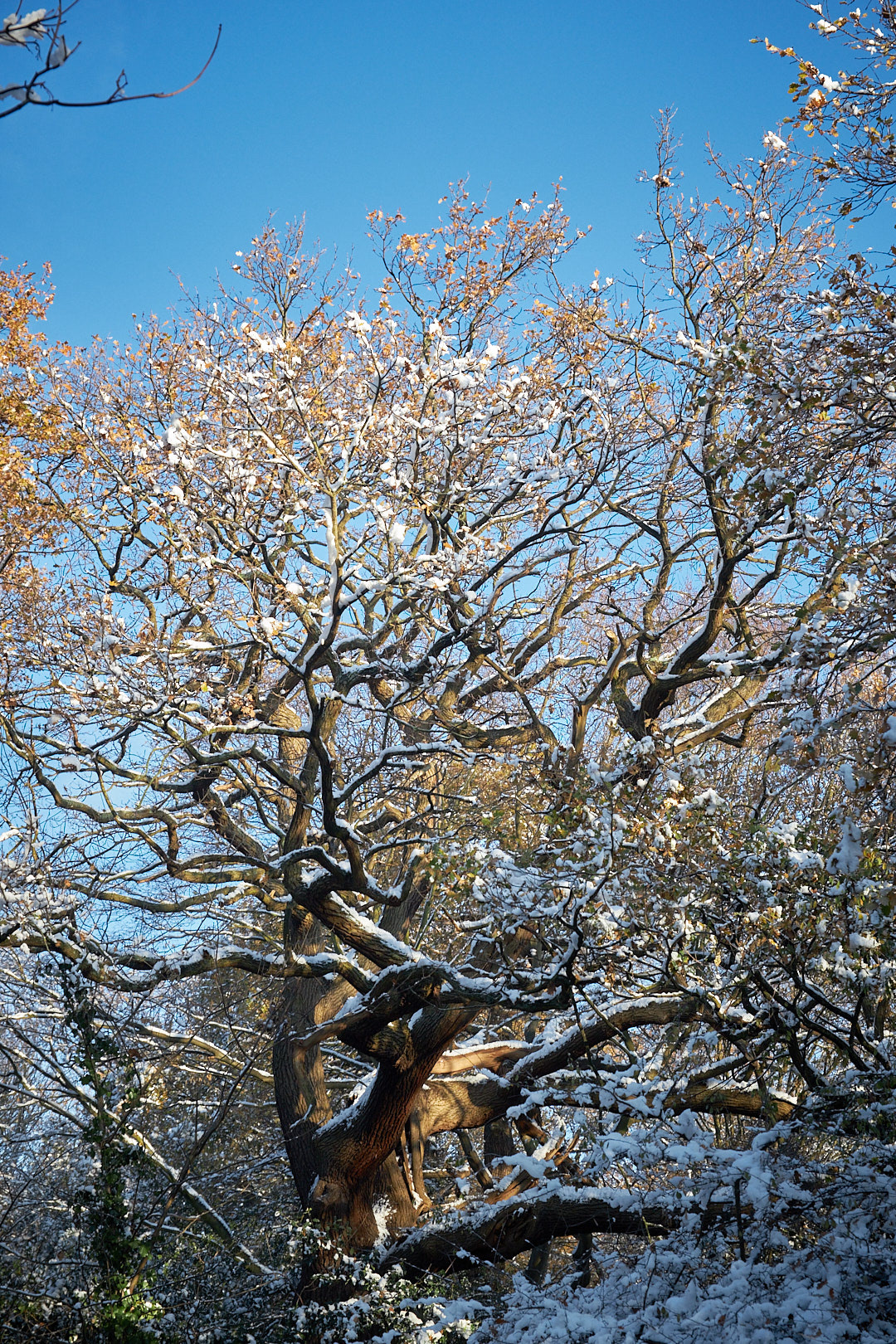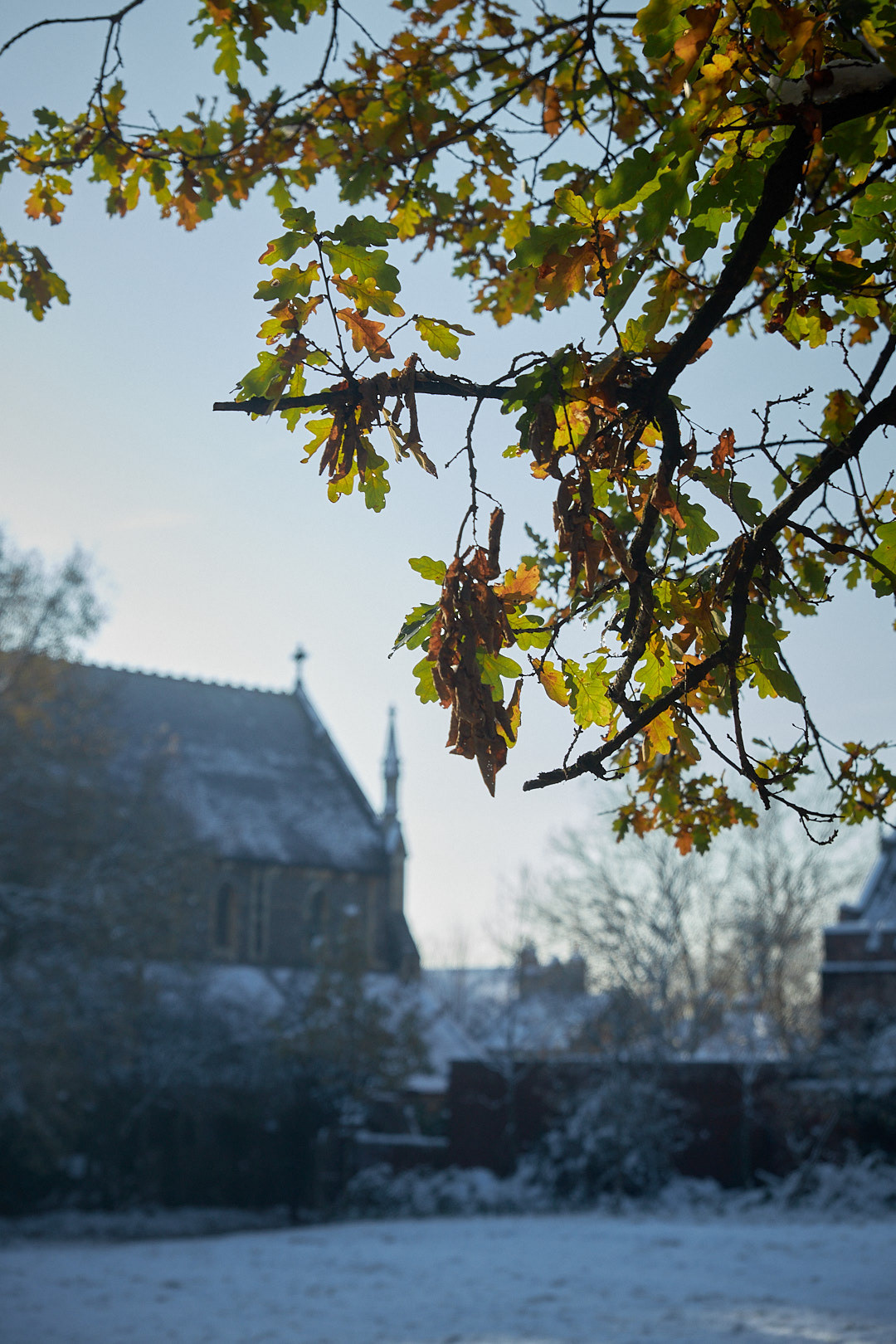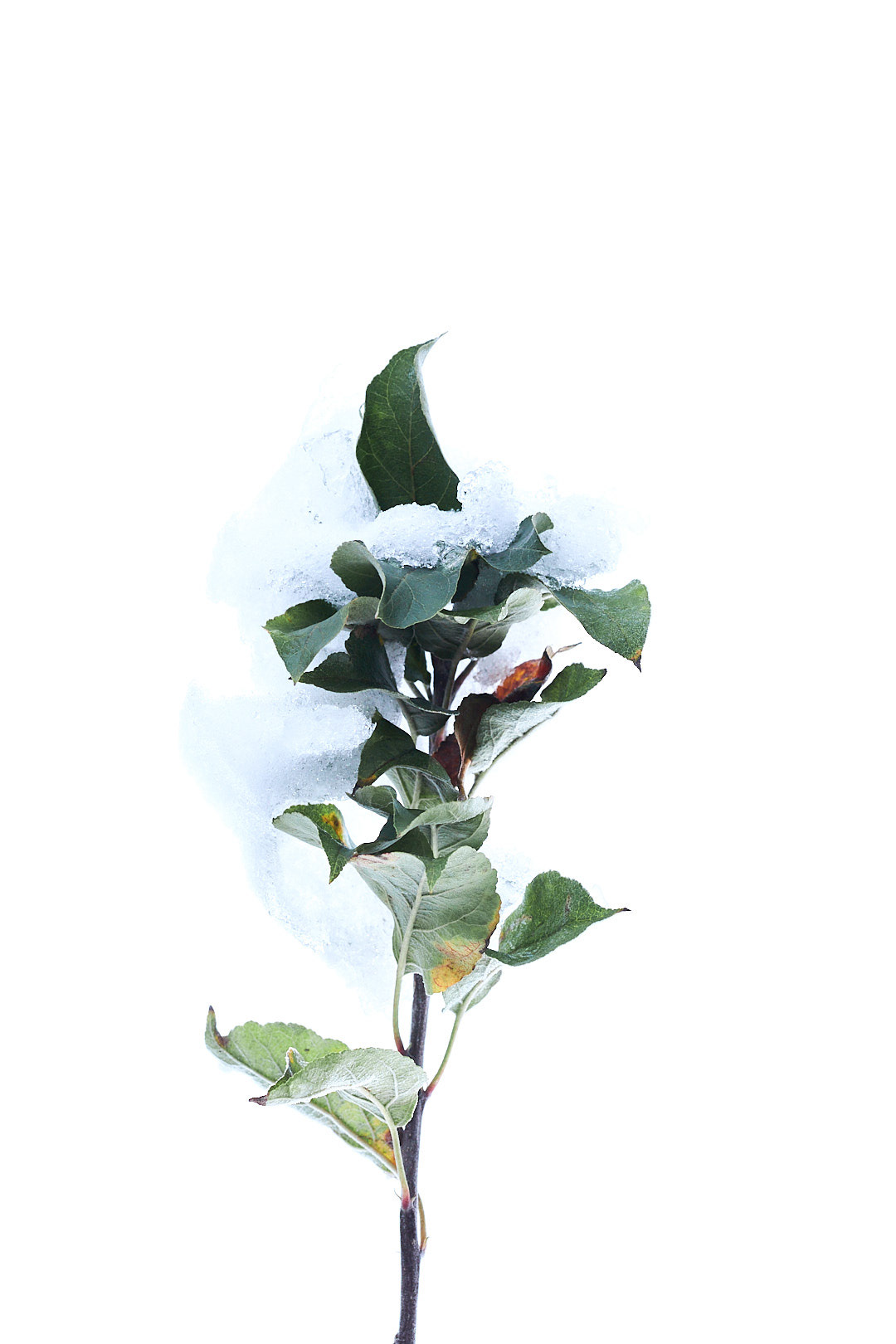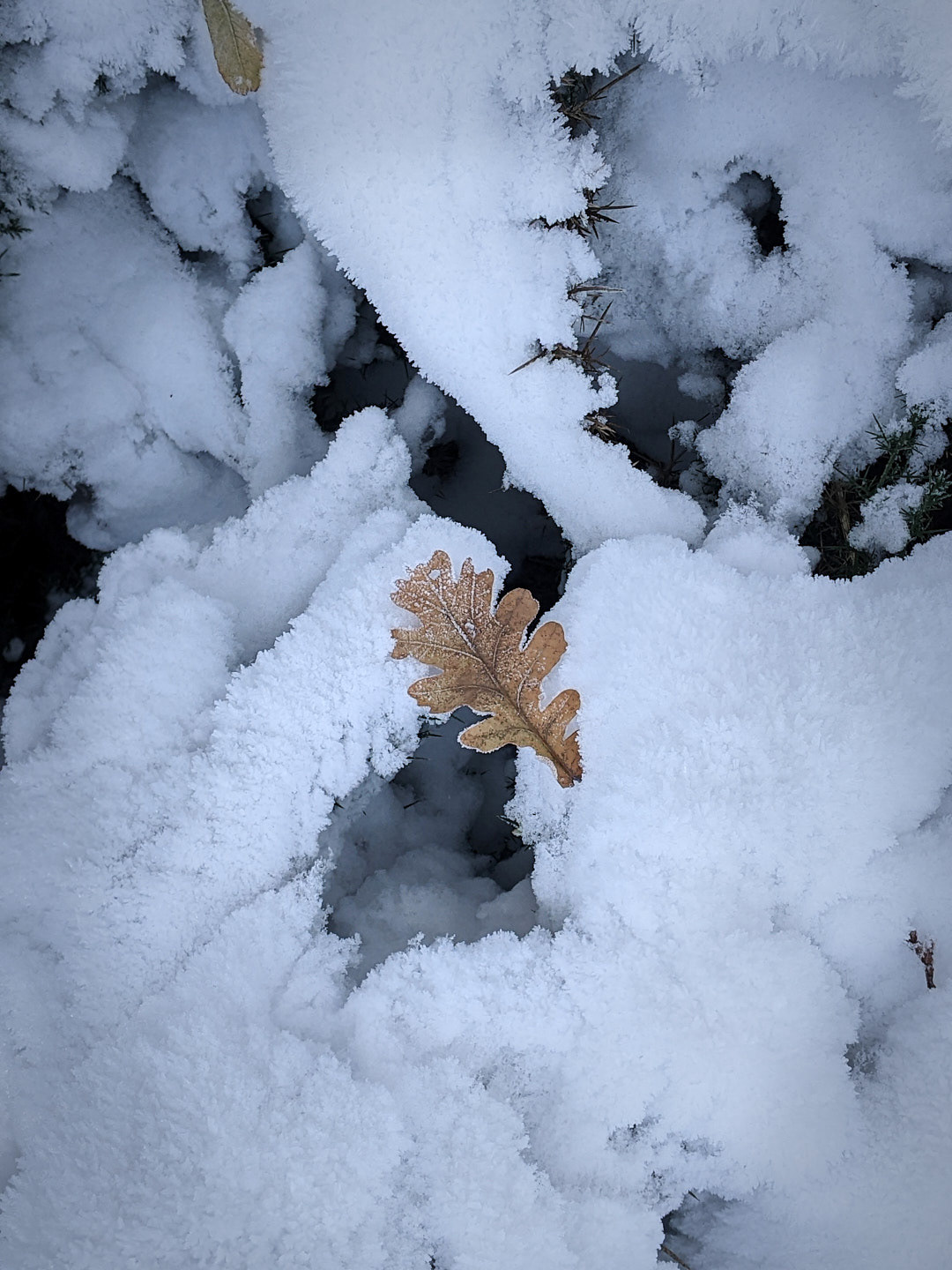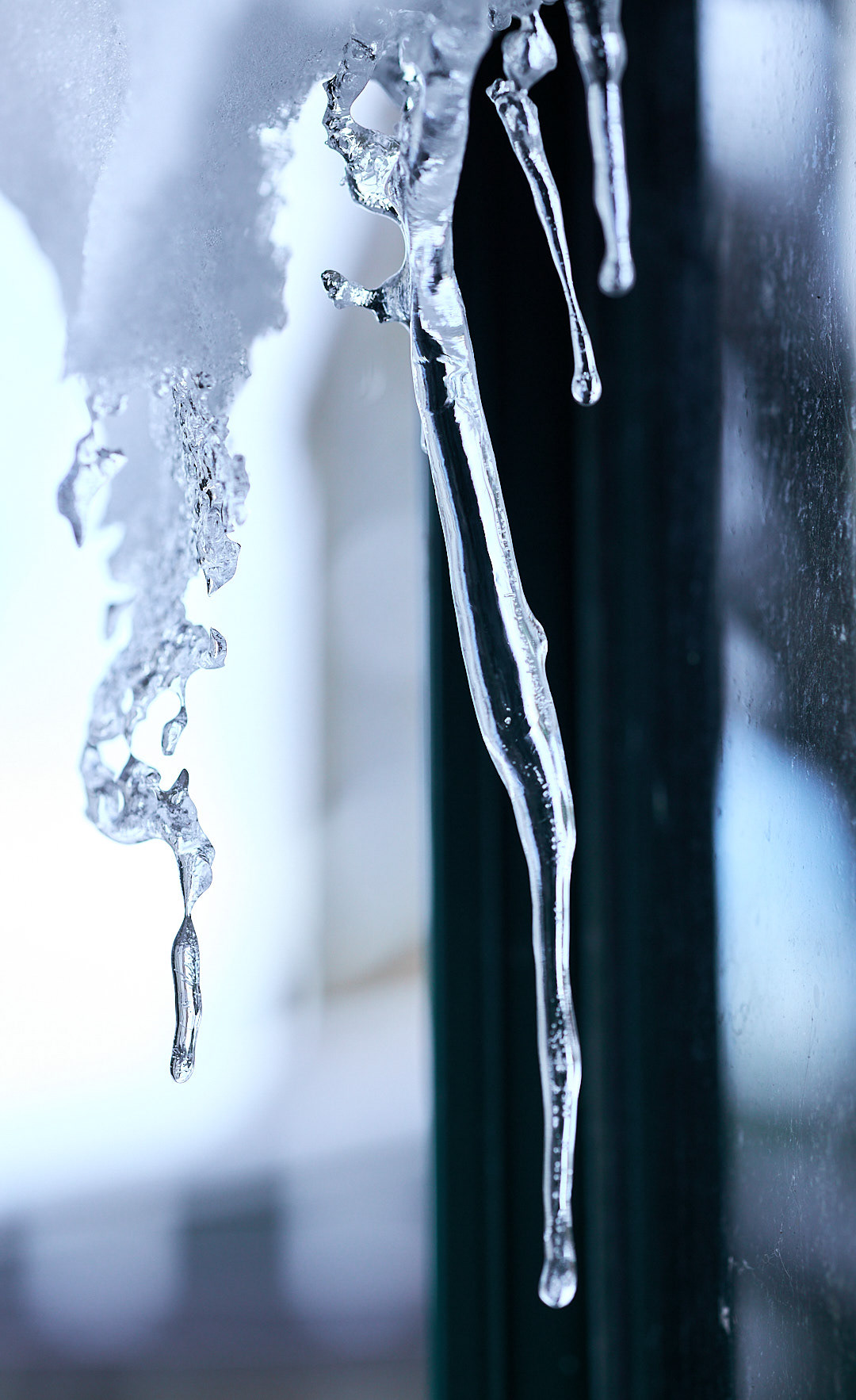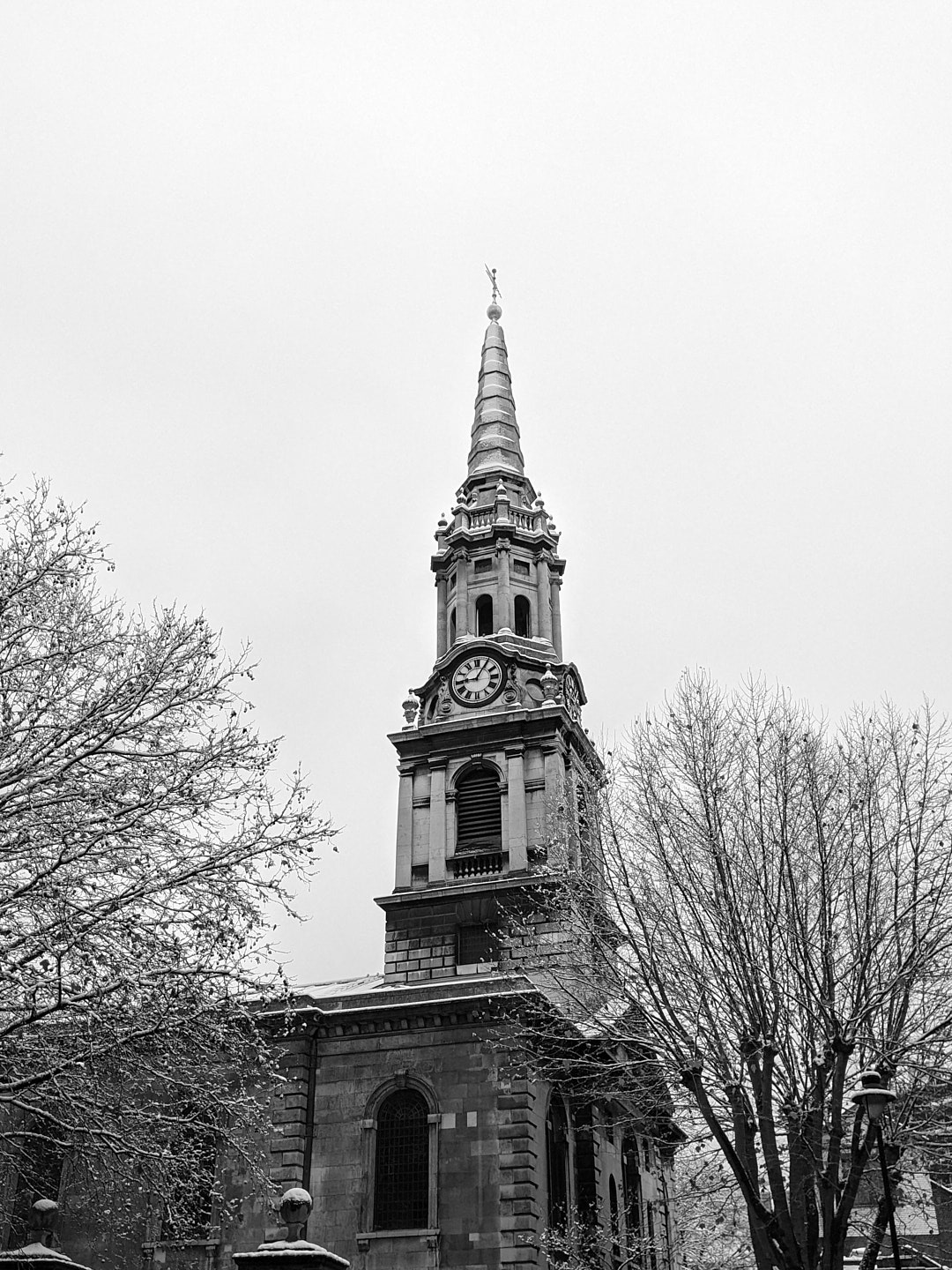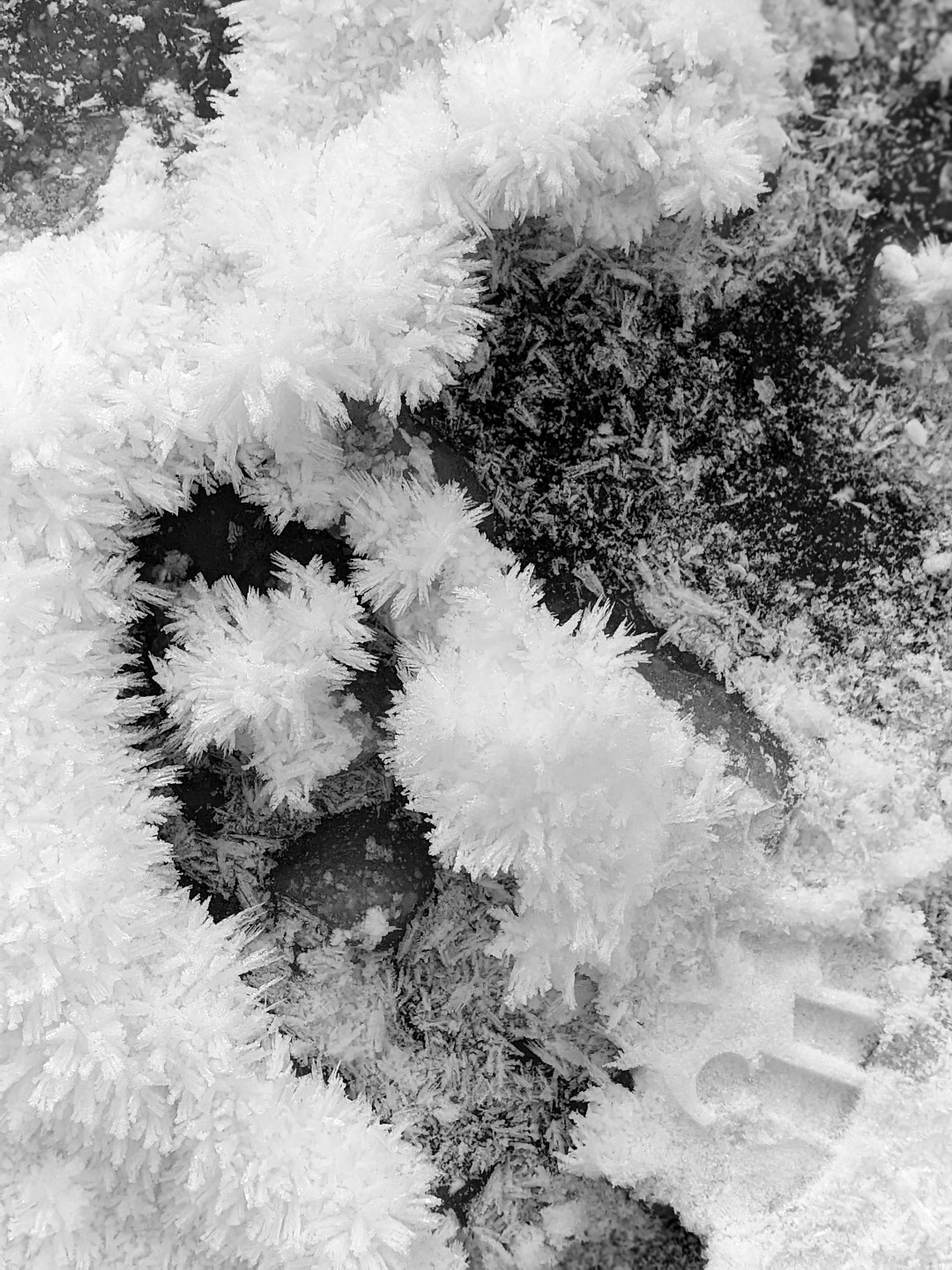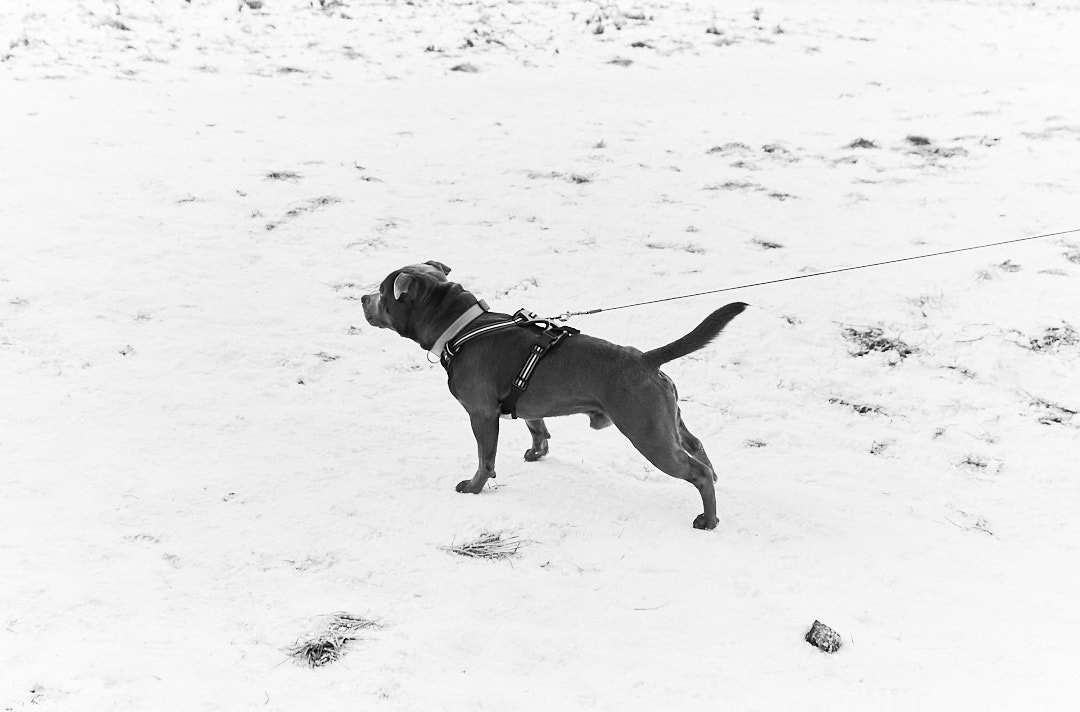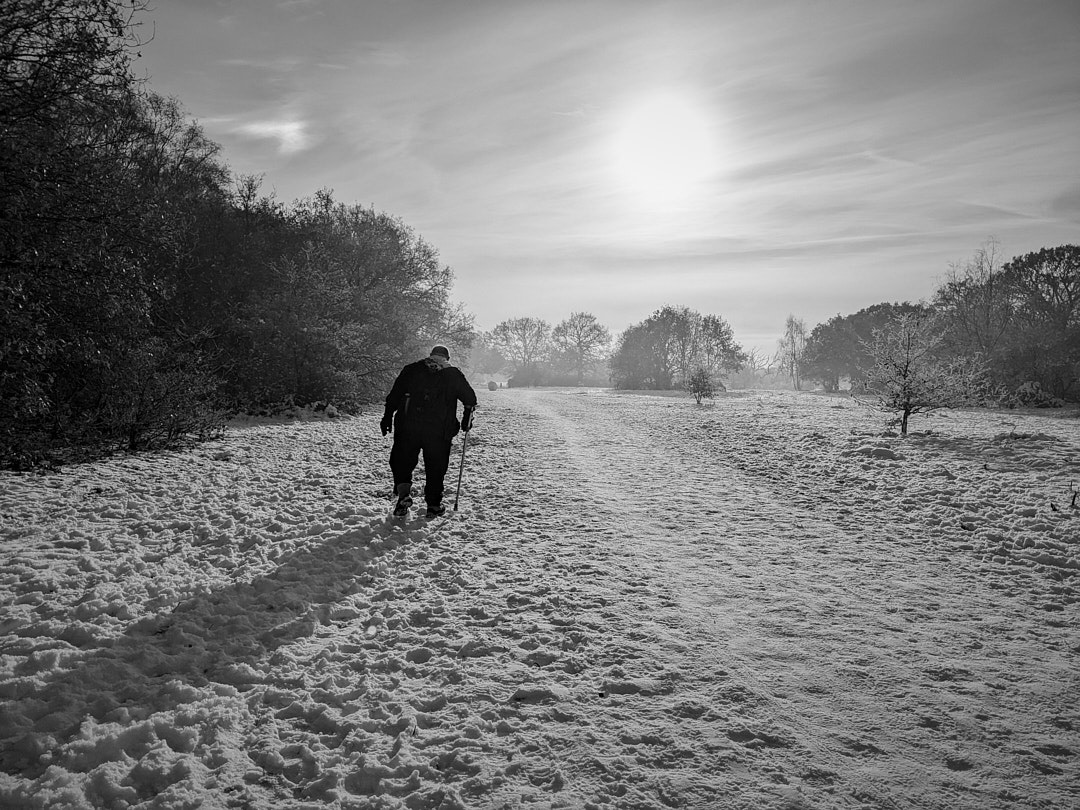I read a great book last year, called 'Wintering' by Katherine May. It aims to re-evaluate winter not just as a season of the earth, but as a key period within our human existence for healing. May gave a fascinating account of her own 'wintering' period following the illness of a family member, during which she withdrew internally in order to rest and recuperate her exhausted spirit.
This gave an interesting perspective through which to analyse the popular conceptions of winter. Winter in the UK is mostly a miserable affair; a dull, dark, wet and mild season to be suffered through. However, early in December a blast of Arctic winds brought snow, ice, and freezing temperatures for a week and half. As soon as the frost drew in, I was almost unreasonably excited at the transformation of the landscape, which provided an excellent opportunity for photos!
I took my camera out on a couple of walks around my local woods, once after the first frosts and again after the snow had settled for a few days. I found something joyful about the cold, harsh, crisp, brightness of the weather, and the way it appeared to sharpen and clarify everything in the landscape. I couldn't resist a third trip around on the last day of freezing temperatures, despite only having my phone for photos. Something about the fields of crisp whiteness brought out a similar joy in passers-by, one of whom commented that this was "weather worth falling over for."
Famously in the UK, as soon as it snows transport networks grind to a halt and just walking down an un-gritted street becomes a treacherous task. I'm sure not everyone will take the same view, but I agree. Winter, at its snowy best, is beautiful and essential; a time to replenish ourselves, and a reminder to take care of ourselves and each other. I would recommend Katherine May's book to anyone, and I'm glad that I photographed the beauty winter has to offer as much as I could.

